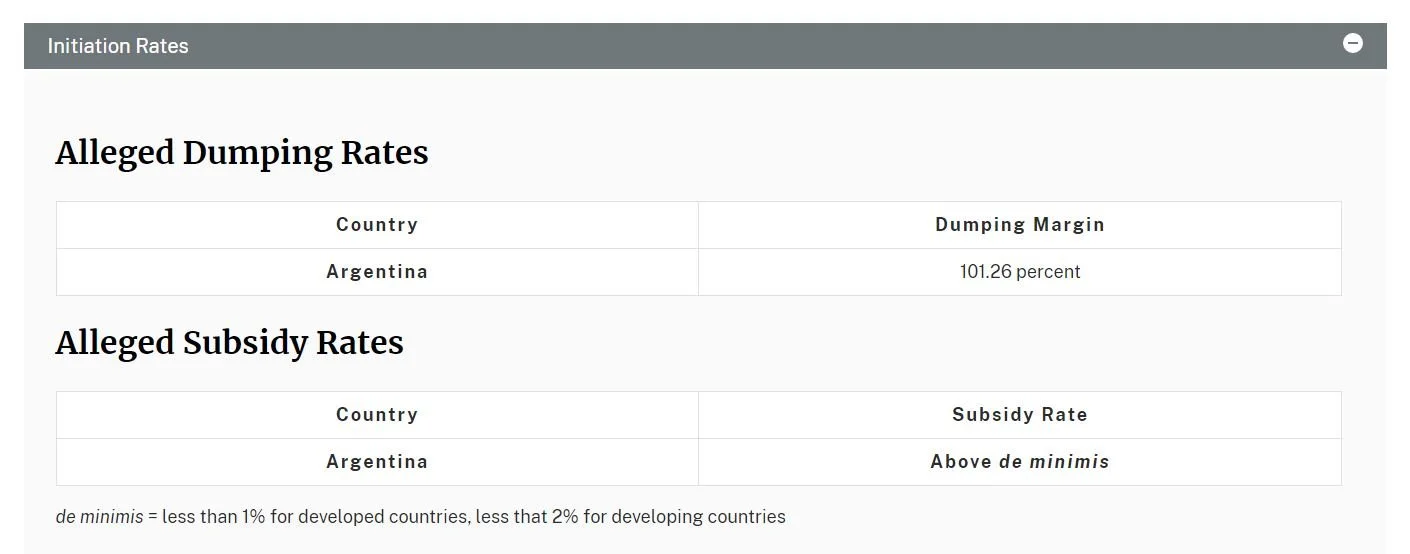The U.S. International Trade Commission (USITC) today determined that revoking the existing antidumping duty orders on imports of seamless refined copper pipe and tube from China and Mexico would be likely to lead to continuation or recurrence of material injury within a reasonably foreseeable time.
As a result of the Commission’s affirmative determinations, the existing antidumping duty orders on imports of these products from China and Mexico will remain in place.
Chair Jason E. Kearns, Vice Chair Randolph J. Stayin, and Commissioners David S. Johanson, Rhonda K. Schmidtlein, and Amy A. Karpel voted in the affirmative.
Today’s action comes under the five-year (sunset) review process required by the Uruguay Round Agreements Act. See the attached page for background on these five-year (sunset) reviews.
The Commission’s public report Seamless Refined Copper Pipe and Tube from China and Mexico (Inv. Nos. 731-TA-1174-1175 (Second Review), USITC Publication 5323, May 2022) will contain the views of the Commission and information developed during the reviews.
The report will be available by May 31, 2022; when available, it may be accessed on the USITC website at: https://www.usitc.gov/commission_publications_library.
BACKGROUND
The Uruguay Round Agreements Act requires the Department of Commerce to revoke an antidumping or countervailing duty order, or terminate a suspension agreement, after five years unless the Department of Commerce and the USITC determine that revoking the order or terminating the suspension agreement would be likely to lead to continuation or recurrence of dumping or subsidies (Commerce) and of material injury (USITC) within a reasonably foreseeable time. Read More→
https://www.usitc.gov/press_room/news_release/2022/er0428ll1922.htm



